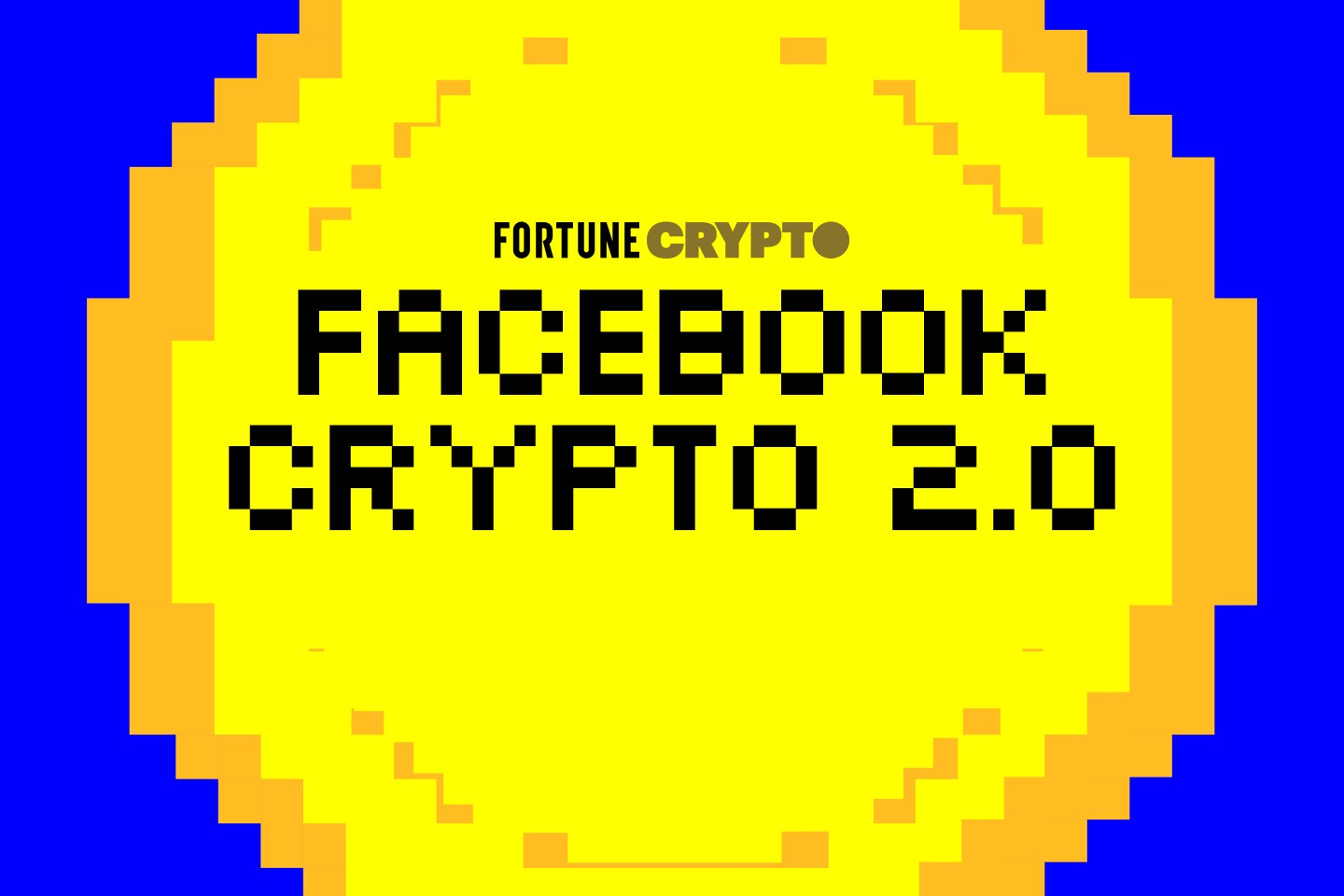This article first appeared in Term Sheet, Fortune’s newsletter on deals and dealmakers. Sign up here.
In case anyone was wondering which stage of the Are-we-In-a-Tech-Bubble-Media-Narrative we are in, it’s the Apocalyptic Metaphor stage. (See my not-so-helpful visual aid above).
On Monday the Wall Street Journal outlined the “haves and have-nots” moment the venture capital market is currently facing, covering the recent series of startup layoffs and shutdowns. The article includes the inevitable investor quote comparing today’s class of struggling startups to zombies: “They’re like the walking dead!”
This fear is not new. Recall two years ago, when Bill Gurley made headlines for predicting “dead unicorns,” referring to startups with valuations of $1 billion or more, by the end of 2015. That followed Marc Andreessen’s warning that many startups would “vaporize.”
Startups could still raise crazy-sounding sums of money when Gurley and Andreessen were sounding the alarm bells. In fact, many startups took those warnings as a reason to raise more capital than they needed.
They spent 2014 and 2015 stockpiling huge reserves of cash to weather what they thought would be a “storm of uncertainty” caused by public market volatility. I wrote at the time: “Memo to tech startups: If you want money, raise it now.” How wrong I was – they had another full year of easy money.
WSJ notes that 294 startups raised more than $50 million in the easy money years. A full 216 of those that are still private haven’t raised more money since. (To be clear, some may have raised without officially announcing.)
Startups typically raise capital to last for 18 months. That means it’s decision time for many of those 216 companies: Can they raise more money? If not, can they get profitable? If not, can they go public? If not, can they sell?
At the moment, brand-name, “iconic” companies can raise more money. Enterprise companies can’t, so they’re going public. Everyone in-between is trying to figure out which option they can pull off.












